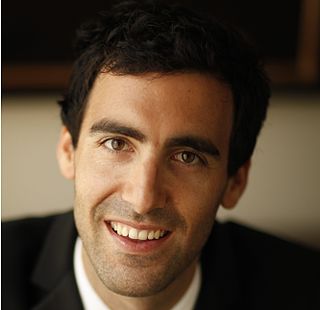A Quote by Ken Shamrock
I've been very fortunate to be at the startup of a lot of different things. I was the startup of the Pancrase organization in Japan. Became a big figure over there. Then I was in the UFC and was at the startup of that, and I was a big figure in that. Twice. Not only in the beginning but also when it was taken over.
Related Quotes
For a long time, I've ranted against naming your startup community 'Silicon Whatever.' Instead, I believe every startup community already has a name. The Boulder startup community is called Boulder. The L.A. startup community is called L.A. The Washington D.C. startup community is called Washington D.C.
The goal of a startup is to figure out the right thing to build-the thing customers want and will pay for-as quickly as possible. In other words, the Lean Startup is a new way of looking at the development of innovative new products that emphasizes fast iteration and customer insight, a huge vision, and great ambition, all at the same time.
Startup culture fosters laughter, debate, and a passionate, non-politically-correct focus on getting things done. And this startup of culture is something entrepreneurs struggle to maintain as the business grows. To ensure this environment continues, create a strong foundation and ensure everyone is on board.




































